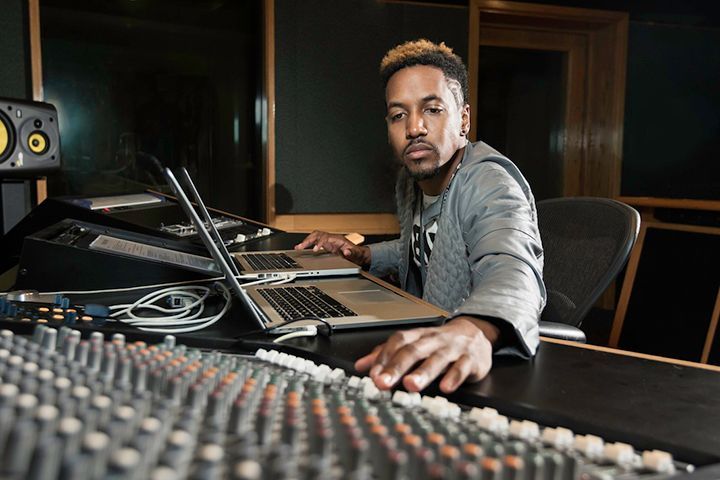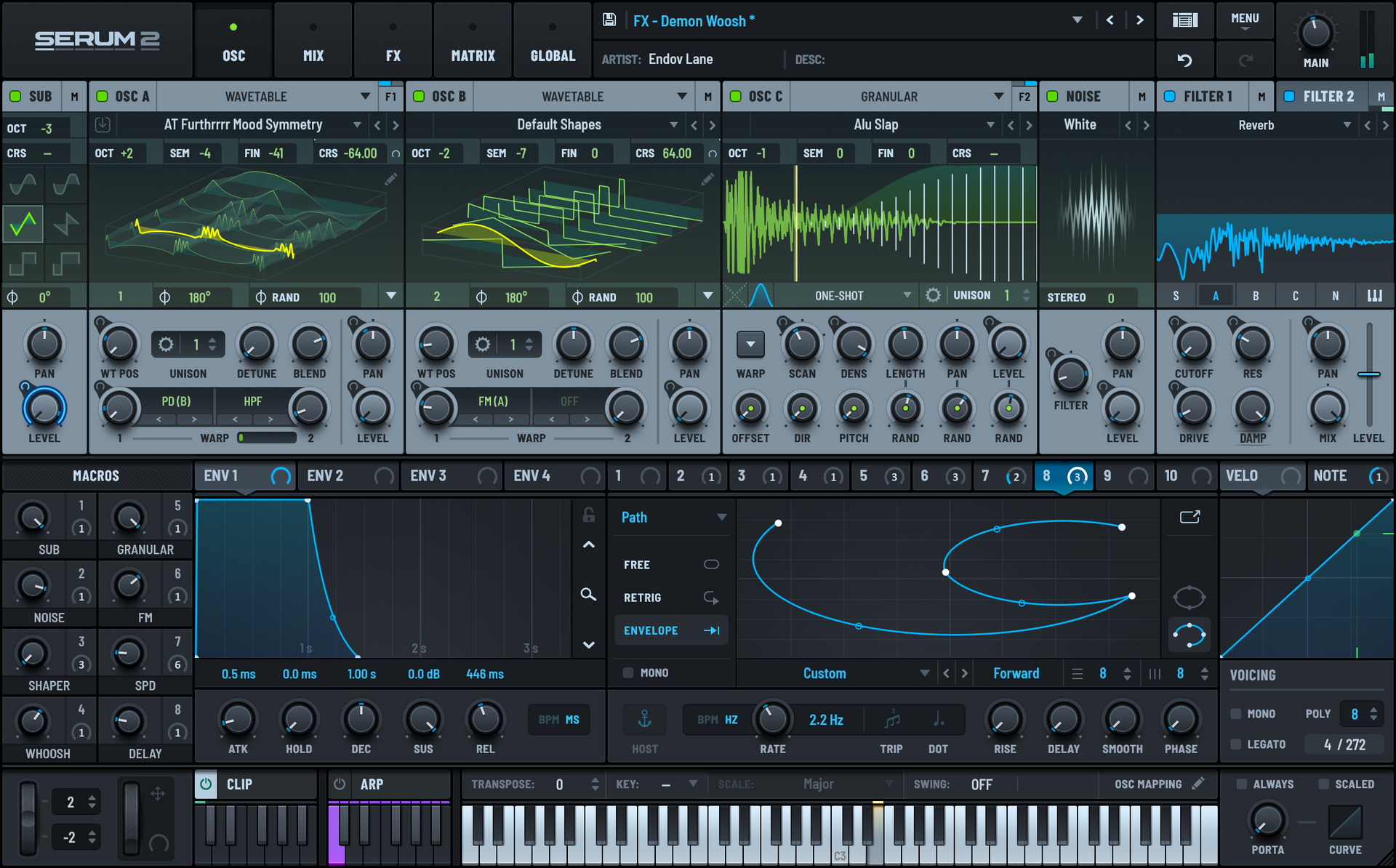How To Make Writer’s Block a Thing of the Past!
Icon Instructor Malachi Mott identifies writer’s block and offers several tips on how to overcome creative hurdles and finish music more productively.

Identifying Writer’s Block
Have you ever seen someone brag about how many songs they’ve written only to make an excuse when someone asks to hear one? It seems that the hardest part of working on a song is finishing it. Every musician is an absolute pro at starting a new song and tossing down cool ideas. However, very few are adept at reliably completing song after song after song.
Often, artists will stop working and cite “writer’s block” as the reason that they cannot finish their current project. Facing creative hurdles is common and part of the process. Sometimes you need to step away so you can come back with a clear head and fresh ideas. However, there may be other times that are harder to work through. I’m referring to the times when artists abandon a project altogether, feeling defeated with no real plan of how to carry it into the end zone.
Have you ever said or thought to yourself any of the following scenarios?
- It just needs mixing
- This is only a demo
- The rawness is what makes it real
- I don’t know the technical side enough
- Once I rerecord the vocals, it will be a hit
- Real art is polarizing. If you don’t have haters, it’s not authentic
- I make my art for me, and I’m not concerned if other people like it
If you’ve said any of these, then I have a question that I would like to ask you. What would it be like if you finished EVERY song started and almost everyone you showed it to was left speechless?
Are you thinking “pshhh whatever, that’s not possible” or “no one finishes every song” or “not finishing your songs is normal because most artists make 100’s of songs and only finish a handful?”
If any thoughts like above just went through your head, then write them down. Writing down your reasons for not finishing a project may help you understand perception. For example, thinking you can or can’t achieve your goals is technically right either way. The first step to finishing every song you start is being open to the idea that this is possible.
Working Through Writer’s Block
Earlier in my music career, I learned music production at one of the best music schools in the country. After producing for a few years, I had about 300 “half finished” songs. However, I did not have a single song that I was proud of releasing. It wasn’t till later on while working at Interscope Records that I had an opportunity to see professionals bang out music left and right to finally understand what was holding me back. Having some solid mentors at the label helped me to rethink how I was relating to my duties as a songwriter. I used to sit down to work on music, and now, I sit down to finish music. That change in approach made all the difference.
Furthermore, I no longer believe that “writer’s block” is a real thing. It now occurs to me as something that we use as a “get out of jail free card” whenever a song gets tough. So, here are some things that I do whenever I feel stuck:
Organize your session: Are all of your tracks named, color-coded, and grouped? Are the sections of your song neatly labeled?
Sometimes, we get stuck simply because we are overwhelmed. If you find yourself retracing your steps or confused about what to do next, take 30 minutes and organize your session as much as possible. This always makes everything clearer and easier for me to finish.
Take notes on what needs attention: Whip out a pen and paper and jot down every task that still needs work before you can call your song completed. Do you have to make the drums more punchy? Does the transition into drop need more energy? Does the vocal need tuning? Write all of these down, and the path to completion will become less vague.
Plan to solve recurring problems once and for all: How many issues rear their ugly heads consistently with each project? Do all of your songs have muffled vocals? Are your drums predictably muddy? Write all of these down as well and solve them one at a time. Avoid stuck on the same aspects every single song.
Be honest about what you need to outsource: Do you need to hire an engineer? What about a mixer? Someone to tune your vocals? If there is a person, program or device that you deem essential to the completion of your song(s), be sure to figure that out before you start 50 songs that don’t accomplish what you’re setting out to accomplish.
Pick out some solid reference songs: If you identify 2-3 songs that are getting the type of results that you’re looking for, then you have something to measure against. This method will give you almost every answer you will need to complete your song. Is the vocal loud enough? Are the drums big enough? Is the reverb to muddy? Answer these questions by listening to a successful track in the same lane. Any time you find yourself asking other writers/producers for their “opinions” or “feedback”, it’s possible that you just haven’t chosen what “finished” looks like. That state of limbo comes from not having a clear enough vision into what you would like to create.
Final Thoughts
In the end, if you have yet to finish a song, it’s possible that there is just one or two concepts or aspects of producing a song that you haven’t mastered yet. When you make every aspect of the song your responsibility you will be a writer who is unblockable!



